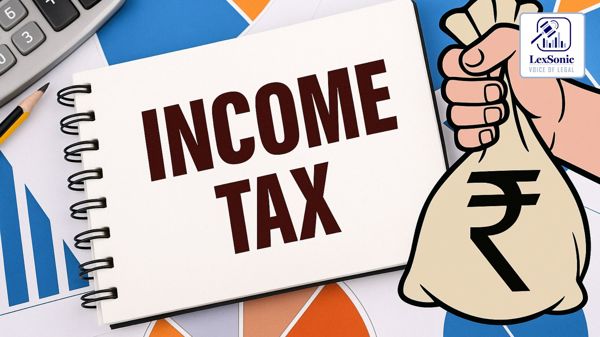Quashing the Corrigendum: A Landmark Judgment on Income Tax Reassessment.
03 July 2024
Income Tax >> Tax Laws
In a significant ruling of Aarti Fabricott Private Limited v/s Income Tax Officer, Ward 1(1), Delhi & Another, a recent High Court decision has shed light on the procedural nuances of income tax reassessment under the Income Tax Act, 1961. The case centers around a petition challenging a notice issued under Section 148, initially dropped but subsequently revived through a corrigendum.
Background of the Case:
The petitioner, a company duly registered with the Registrar of Companies, filed its income tax return for the Assessment Year (AY) 2017-18, declaring a total income of ?4,36,709. However, on June 28, 2021, the tax authorities issued a notice under Section 148, alleging that certain income had escaped assessment. This notice was quashed by the court in January 2022. Following a Supreme Court ruling, the reassessment proceedings were revived, leading to a show cause notice under Section 148A(b) in May 2022.
The petitioner responded to the notice, asserting that no immovable property had been sold during the relevant period and thus no long-term capital gains could arise. Despite the petitioner’s clarifications, the tax authorities initially acknowledged the correctness of the petitioner’s claims and decided against further reassessment on July 30, 2022. However, in a surprising turn of events, a corrigendum was issued later that same day, allowing for the continuation of reassessment proceedings.

Legal Arguments Presented:
The petitioner’s counsel argued that the issuance of the corrigendum was improper, as it appeared to be a mere change of opinion rather than a decision based on new tangible material. The counsel emphasized that a reassessment cannot be initiated simply based on suspicions or incorrect information, asserting that the respondents had failed to demonstrate any valid reasoning for reopening the case.
On the other hand, the respondents maintained that the corrigendum was necessary due to final objections raised by the Comptroller and Auditor General of India, which suggested that the original assessment may not have been compliant with the law. They argued that further investigation into the petitioner’s accounts was warranted despite the initial findings.
Court's Findings:
Upon reviewing the case, the court focused on whether the corrigendum introduced any new material that justified reopening the reassessment. The judgment referenced established precedents, clarifying that mere audit objections or a change of opinion do not suffice as grounds for reassessment. The court noted that the respondents had failed to produce any fresh evidence or insights that would indicate income had indeed escaped assessment.
The court underscored the principle that reassessment must be based on tangible material and cannot serve as a vehicle for the Revenue to review its previous conclusions without substantial justification. The judges pointed out that the assessment process should be rooted in a clear application of mind and supported by concrete evidence rather than conjecture or speculation.
Conclusion:
Ultimately, the court quashed the corrigendum and all consequential proceedings, emphasizing the need for rigorous standards in the initiation of reassessment actions. This judgment not only reinforces the importance of protecting taxpayers from arbitrary actions but also clarifies the legal boundaries within which tax authorities must operate. The ruling serves as a vital reminder that reassessment must be grounded in substantial evidence, ensuring that the principles of fairness and justice prevail in tax administration.
Income Tax Act, 1961 Direct Tax Laws (Amendment) Act, 1987
